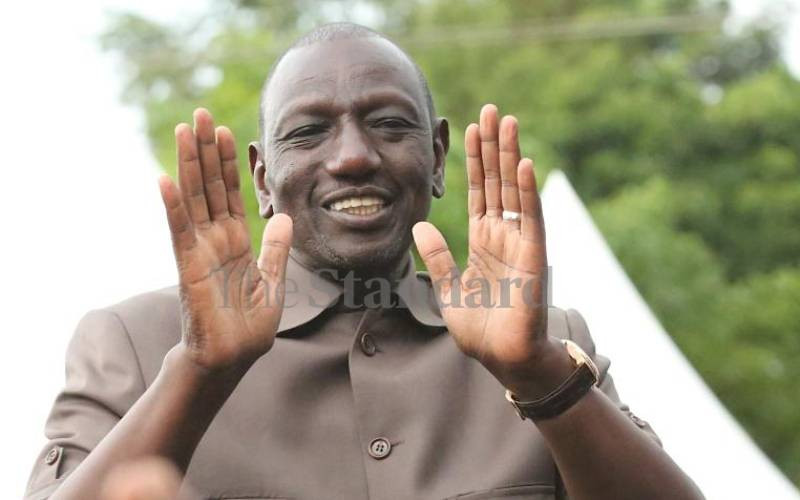
President William Ruto's Cabinet reshuffle last week presented a moment of clarity about the direction he intends to pursue. It conflated the idea of enhanced service delivery and the political realignments needed to achieve this. It also brought to the fore the delicate balancing act required of the two strong-willed personalities who make up the presidency. In Kenya, alliances are held together by the threat of mutually assured political destruction in the event of a fallout. This is true of both the government and the opposition.
There are appointments that reflect the desire to deliver on the promises made to the people. These include those of the government spokesman and two deputies. The "Whole-of Government Approach", where every Cabinet Secretary pronounces themselves on matters even outside their ministries has led to a cacophony of voices. It is hoped that the government spokesman will be the "single source of truth" and thus bring coherence to the Kenya Kwanza administration's messaging.